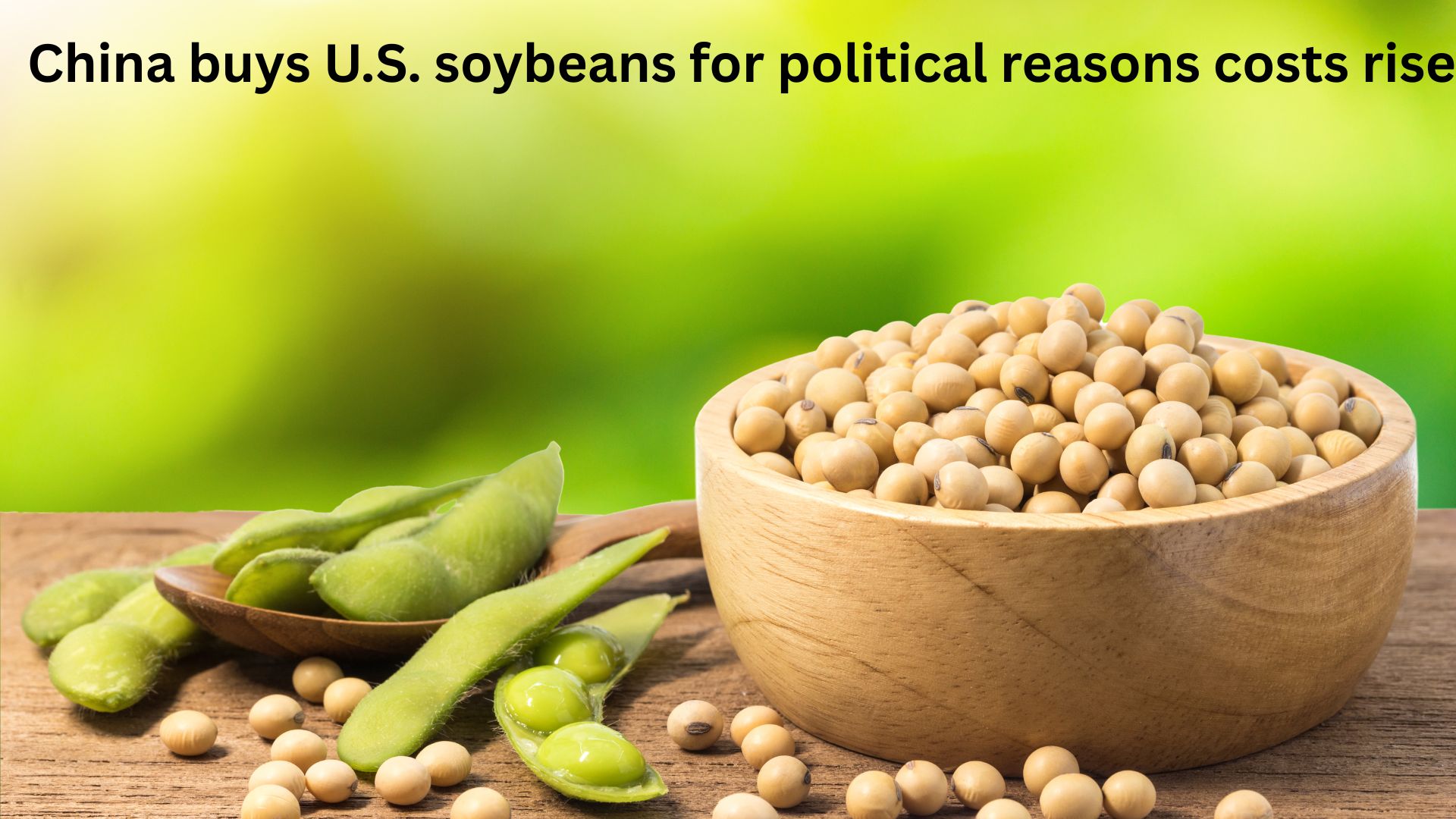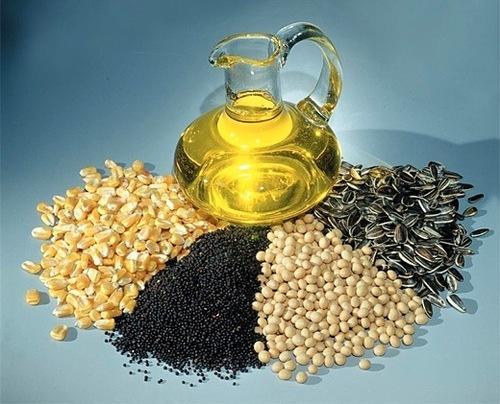The Center’s organization for promoting agricultural exports, the Agricultural and Processed Food Products Export Development Authority (APEDA), would concentrate on the export of organic millets and hit a target of 2,000 crores by FY26. The expected value of millet exports in 2021–22 is 460 crore, with a 14% increase from the previous year. By exporting value-added and processed organic millet goods to at least 100 nations, we hope to surpass the $2,000 billion mark by 2025 or 2026, according to M. Angamuthu, chairman of APEDA. To encourage and facilitate export and global trade, the authority has created a catalog of millet products tailored to each individual nation. Approximately 30 countries are currently receiving millets, he said.
India is the fifth-largest exporter of millet, with some of its products traveling to Bangladesh, the United States, Japan, the United Arab Emirates, Saudi Arabia, and Nepal. Less than 1% of the domestic production of millet is exported. He claimed that by working together to extend the area under millet production, employing technology and packaging to create products with value-added, and implementing a marketing campaign, exports may increase significantly. According to an official, all exports are by default of an organic nature exclusively, and in order for them to reach the global market, these products must go through a certification process.
The majority of millets that are certified organic are produced in Rajasthan and Karnataka, while some are also produced in Uttarakhand. Millets that are frequently considered to be organic include ragi, pearl millet, and sorghum (jowar). Millets are sold as organic food in South America, Europe, the U.S., Canada, and New Zealand in the form of flour, flakes, and whole grains. The introduction of numerous types and processed forms can draw consumers, the officials added, as millets are already well-liked and frequently consumed in African nations.

